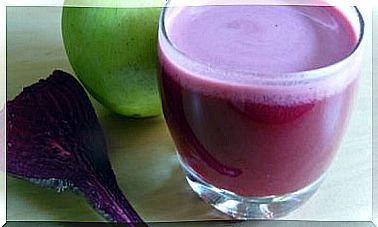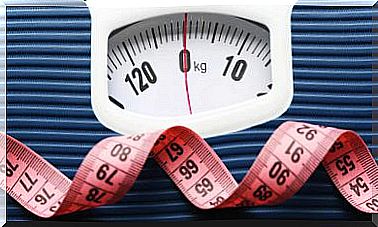What Kinds Of People Are Most Vulnerable To Heat?
High climatic temperatures have more severe effects on some people. There are some individuals who are more vulnerable to heat, since their body, their activity or their health conditions limit their ability to cope with the weather.
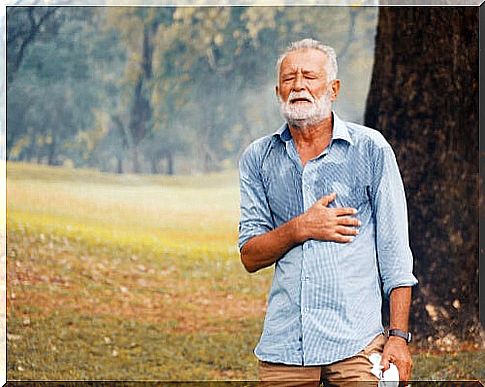
Some population groups are more vulnerable to heat, either due to the characteristics of their body, or because of their specific health conditions. These sectors must be especially careful with their protection during the summer.
There are some basic protective measures that we must all apply. For example, wearing the right clothes, constantly hydrating and not exposing ourselves to the sun in the hottest hours. However, those who are most vulnerable to heat should take these measures to extremes.
It has been pointed out that the segments most vulnerable to high temperatures are:
- Children under 5 years old.
- People over 65.
- People with some chronic diseases.
- Those who perform physical activities outdoors.
Let’s look at each of these groups in detail.
Children are more vulnerable to heat
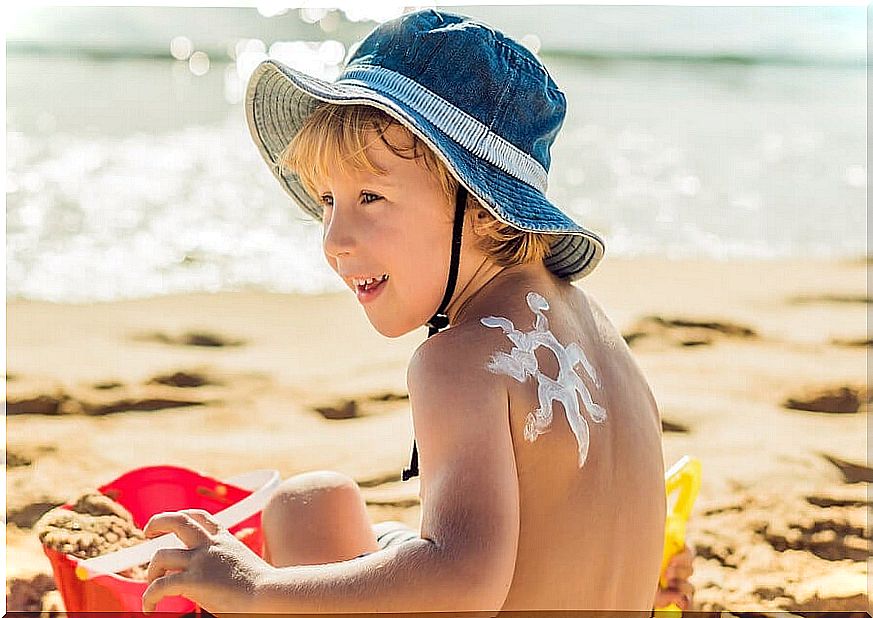
Children , especially very young, are one of the populations most vulnerable to heat. This is because younger organisms lose fluids more quickly. Therefore, they reach the dehydration point more quickly.
Likewise, the small ones have a lower relationship between surface and volume. Because of this, your body also generates heat more quickly. Therefore, you have to keep them well watched when temperatures rise, protecting them from the sun and limiting their physical activity.
Added to this is the fact that children do not clearly perceive the first signs of dehydration, nor the effects of heat on their body. They are probably just more irritable and angry than usual.
Old people
Another of the groups most vulnerable to heat are the elderly. This is because the body’s thermoregulatory center is in the hypothalamus, a region of the brain that regulates the internal temperature of the body. In older people, this function works more slowly.
Older people also have a lower perception of thirst. This puts them at greater risk of dehydration, without realizing it. Therefore, you must constantly remind them to drink something, to avoid this danger.
Additionally, older people have less sweating than younger people. For this reason, they tend to retain more body heat. If the environment is humid, sweating is further inhibited and there is a greater risk of heat stroke.
Those with hypertension
Excessive heat causes arteries to dilate and promotes dehydration. Both factors have a negative impact on people with hypertension. Therefore, it is advisable to consult your doctor to adjust medications in hot weather.
The most common is that the heat lowers the tension. The effect of the usual medicines leads to that, sometimes, this low reaches an inappropriate level. For this reason, it is advisable to have a check-up to avoid unpleasant surprises.
Heart patients and the obese
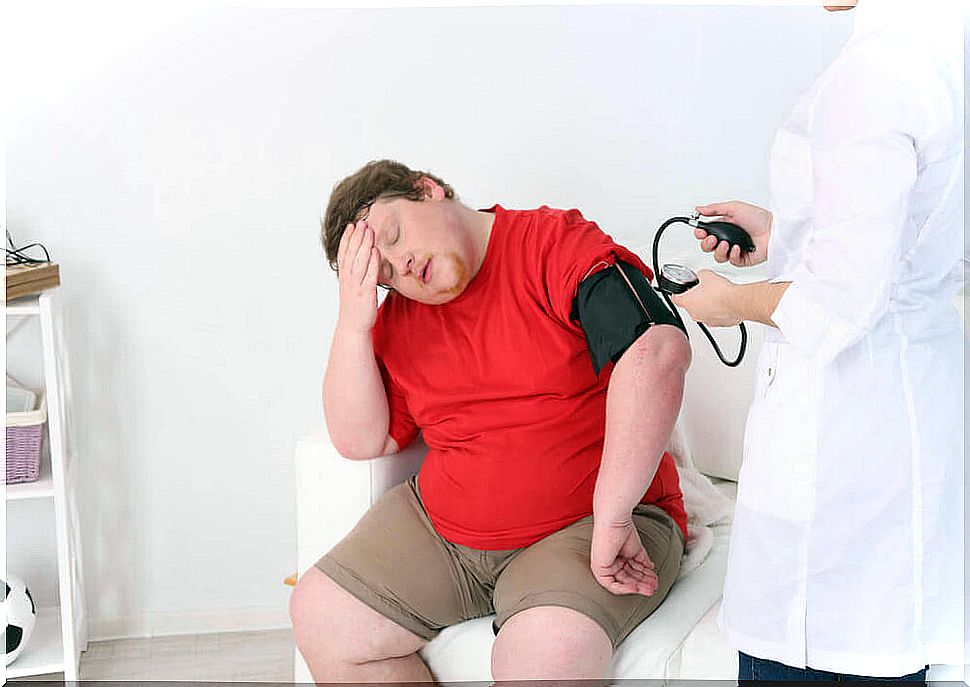
High temperatures also affect cardiovascular health. Obviously, this effect is more serious in those who have previous problems. Heart deficiencies limit the body’s ability to remove heat from the body. Therefore, there is a risk of overload.
It is also common for heart patients to use diuretic drugs. This leads to them constantly removing water from their body, which reduces their ability to sweat. Therefore, they are exposed to dehydration relatively easily.
Obese people also have great trouble dissipating heat from their bodies. In general, they react to high temperatures by generating excessive sweating. For this reason, they lose liquids and mineral salts very easily and they are often dehydrated.
Likewise, as overweight people have a greater volume of body fat, their temperature regulation is altered. For this reason, they are more likely to end up being victims of heat stroke.
Athletes and people who work outdoors
Those who perform vigorous physical activities outdoors are also more vulnerable to heat, of course. Direct exposure to the sun makes them suffer the impact of high temperatures more severely. Both the same exposure, as the activity, make them more prone to dehydration.
It is therefore advisable that they protect themselves adequately and, as far as possible, limit their activities to the hours when the sun is less powerful. It is also necessary that they constantly hydrate themselves, drinking twice the liquid they would normally drink.








